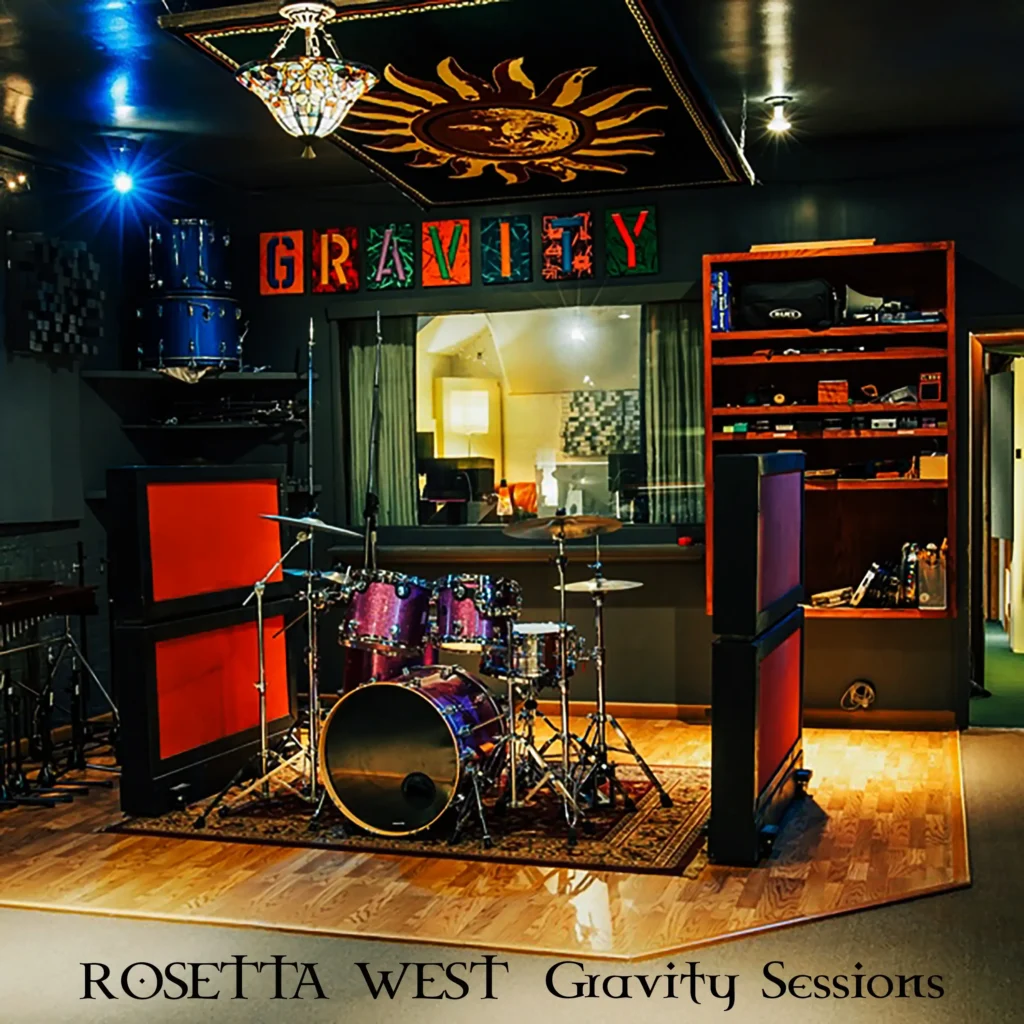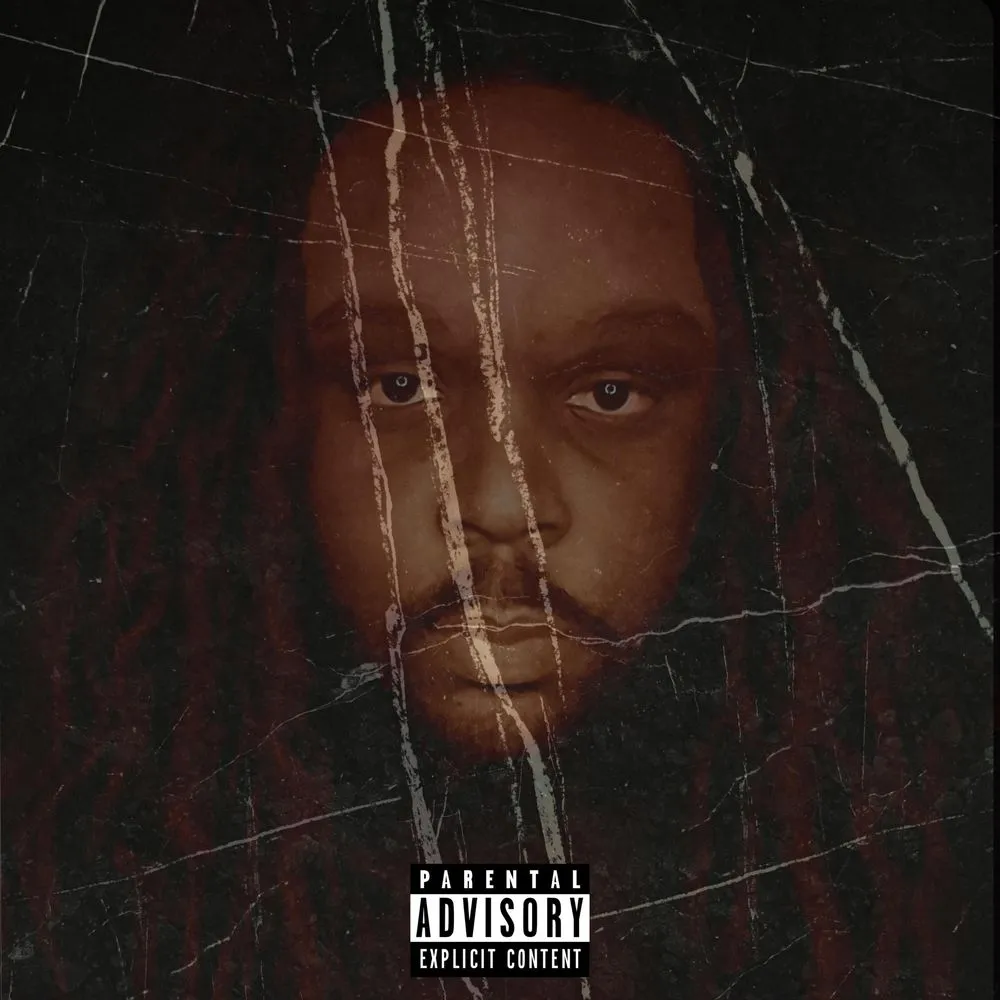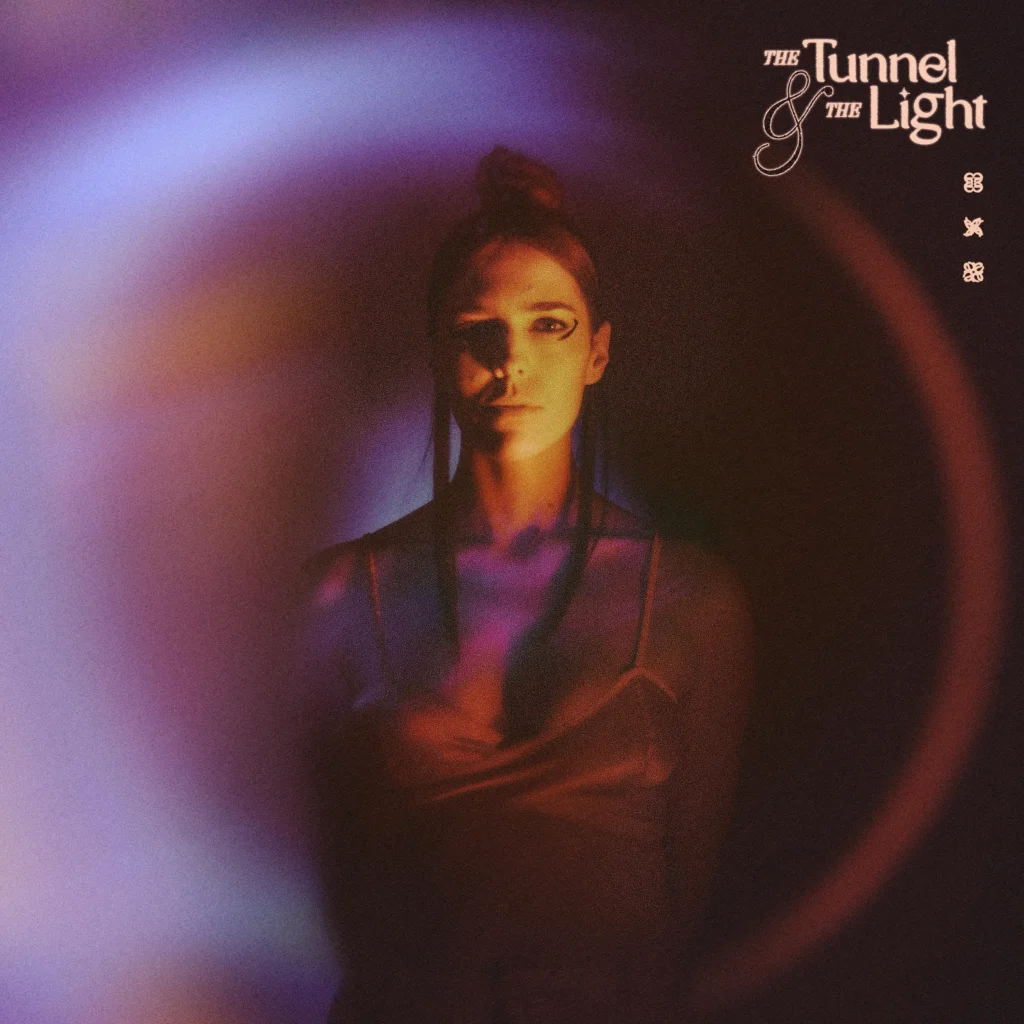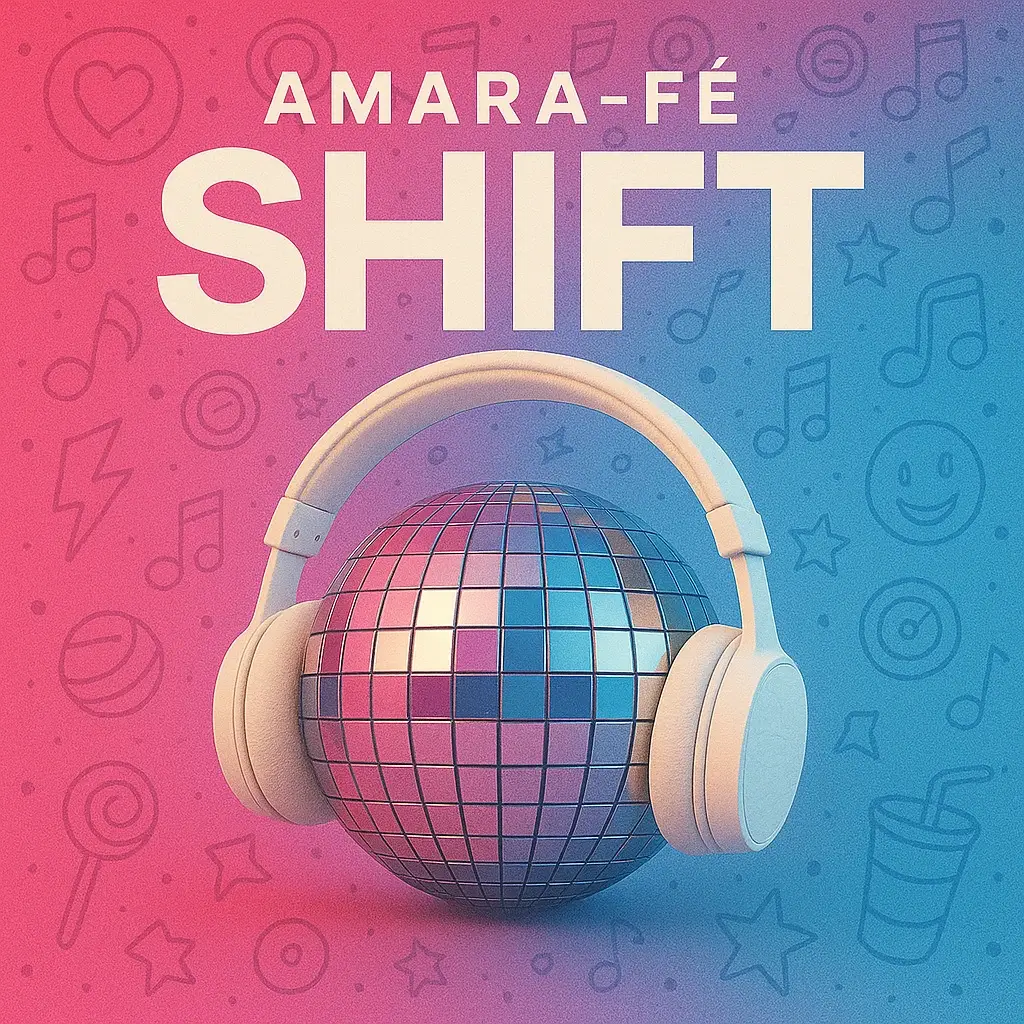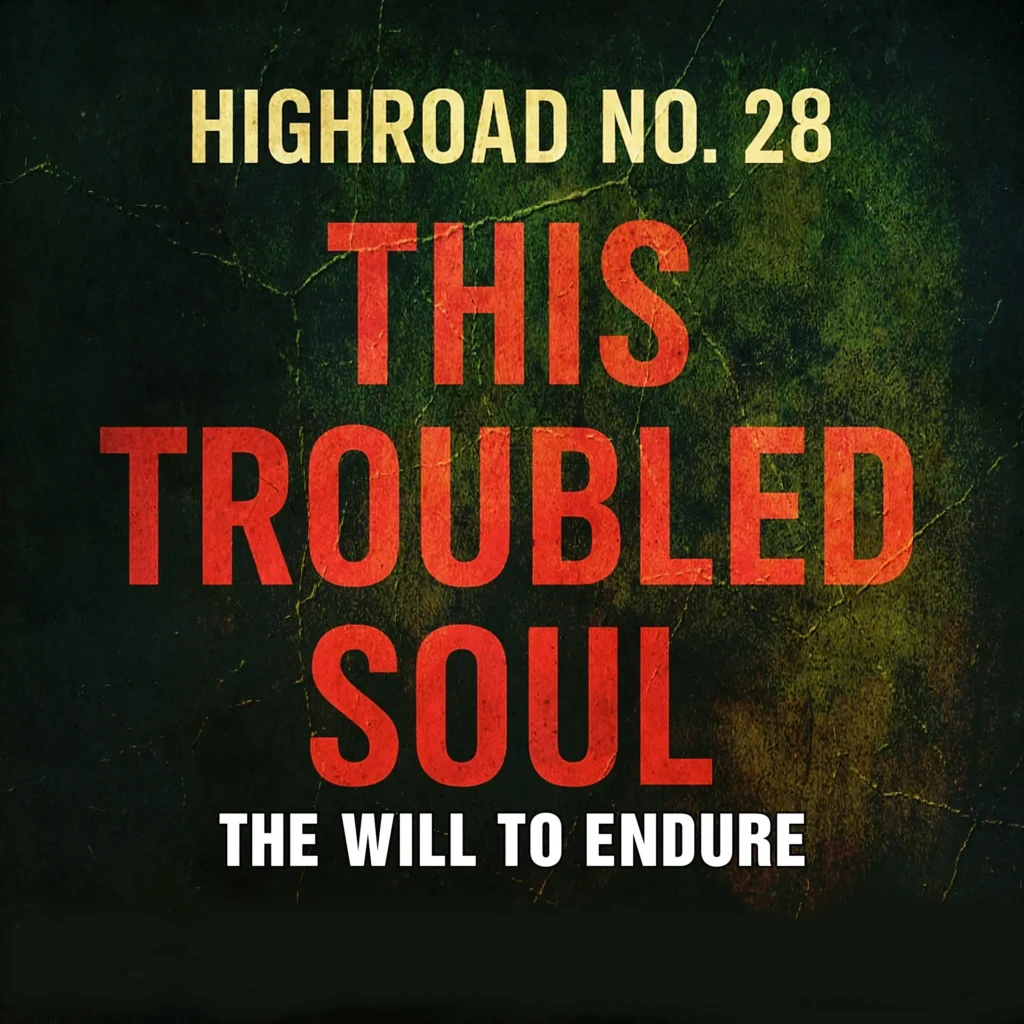There’s a certain kind of silence that follows an old tape hiss. It’s the kind that feels like the room itself is holding its breath. I heard it once in a half-abandoned church where someone had left an old cassette recorder running after choir practice. The reverb, the warmth, the eerie calm; it all stuck with me. Listening to Gravity Sessions, I felt that same charged stillness. It’s not just a live album; it’s the sound of ghosts being coaxed out of the walls.
Rosetta West is a blues rock band out of Illinois, but if you think that puts them in a tidy genre box, think again. Since the 1990s, they’ve quietly built a body of work that sidesteps easy categorization, drawing on psychedelia, world folk, mysticism, and raw electric blues. Founder Joseph Demagore is equal parts songwriter, shaman, and sonic scavenger, while longtime collaborators Herf Guderian and Mike Weaver help anchor the sound in something tangible; bassy, grounded, and hypnotic. Their music doesn’t beg for attention; it rewards those willing to slow down and listen. If you like the raw heart of early Black Keys, the atmosphere of Pink Floyd’s quieter moments, or the mystical folk-rock of Wovenhand, Rosetta West would sit well in your headphones.
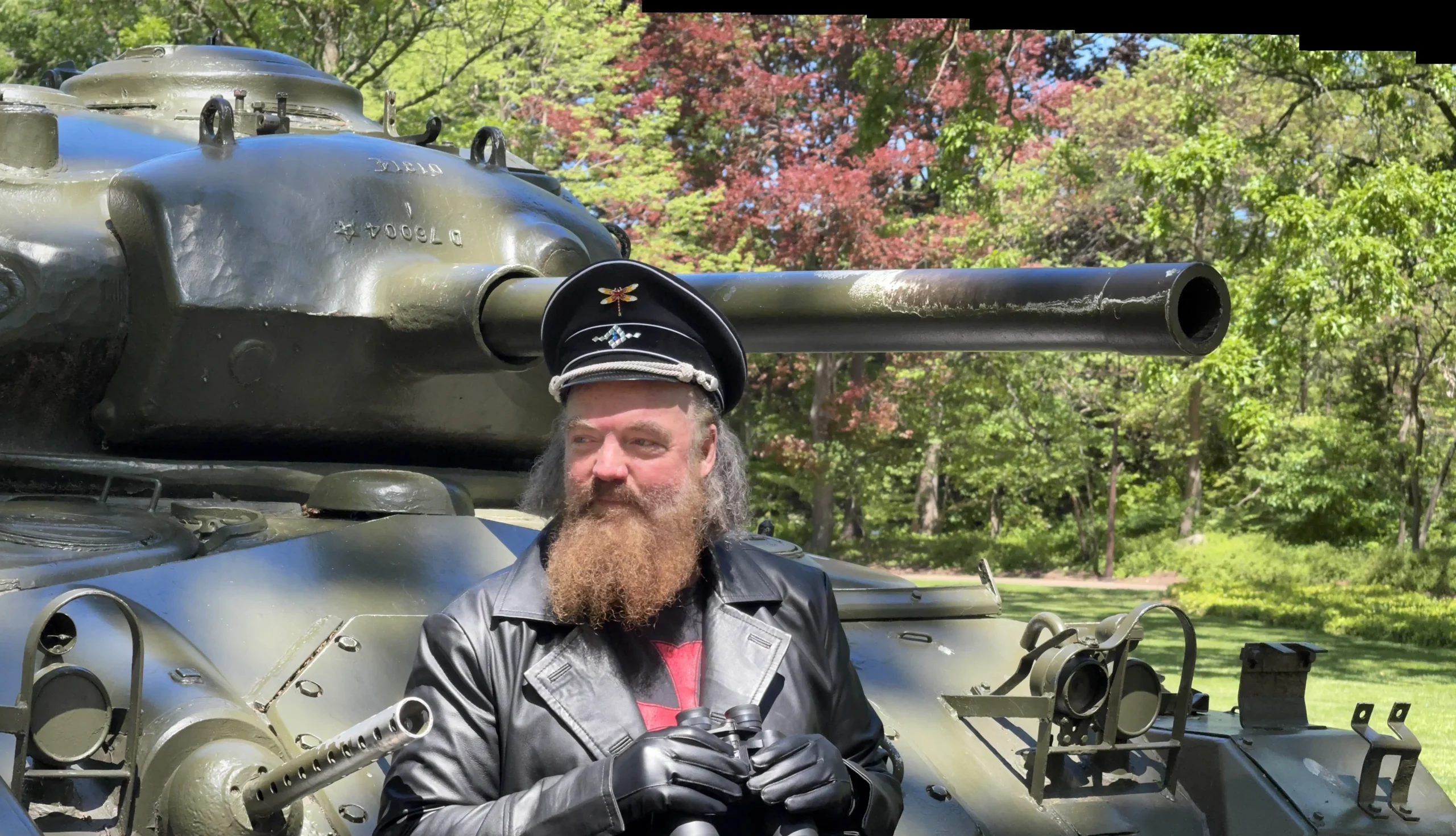
Tracked mostly live over just a few days at Chicago’s iconic Gravity Studios, Gravity Sessions feels less like a studio album and more like a séance committed to tape; raw, spectral, and vibrating with emotional residue. With veteran producer Doug McBride at the helm, the band isn’t polished to perfection but captured mid-incantation, flaws and all. There’s no digital smoothing here, no overworked polish; just room tone, breath, tape hiss, and the sense that something real is happening in real time. The imperfections aren’t a flaw in the spell; they are the spell.
The album opens with “Dora Lee (Gravity),” a bluesy dirge that doesn’t ask for your attention so much as pull you into its orbit. Slow and deliberate, it moves like grief; dense, textured, and unhurried. The production is dry and intimate, almost confrontational in its stillness. It doesn’t erupt; it simmers.
“Deeper Than Magic” arrives like a slow breath held too long. Rooted in a hypnotic rhythm and spectral guitar textures, the track leans into the band’s psych-folk instincts with effortless ease. Joseph Demagore’s vocals are nearly whispered, pulling the listener inward as if revealing a secret. The lyrics drift between mysticism and memory, blurring time and place into something vaguely mythic. There’s no rush here; only the steady accumulation of atmosphere until you realize you’ve been transported somewhere you can’t quite name.
And then there’s “Venous Blue,” the album’s final track and perhaps its emotional core, which is a fuzz-drenched meditation that collapses inward rather than reaching out. The guitars are soft-edged and blooming with distortion, like they’re dissolving under their own weight. The drums pulse like a fading heartbeat, steady but distant. Gravity Sessions is full of these moments; songs that aren’t trying to impress so much as haunt. They linger long after they’ve ended, like the trace of incense in an empty room.
Gravity Sessions isn’t a party album. Rather, it’s a late-night companion for headphone walks, old photographs, and half-remembered dreams. There are no big hooks or punchy choruses here; instead, the album leans into atmosphere, patience, and raw intimacy. It feels less like a polished product and more like catching something mid-transmission: unfiltered, fragile, and fully present. These songs weren’t built for the algorithm; they were built for the moments in between.
It’s music for when the world feels slightly out of phase, for the hours just before dawn or just after everything’s fallen apart. The imperfections are part of the texture, and the mood is everything. Gravity Sessions by Rosetta West is bluesy, hazy and occasionally haunted until you’re ready to really listen.
Follow Rosetta West
About the Author
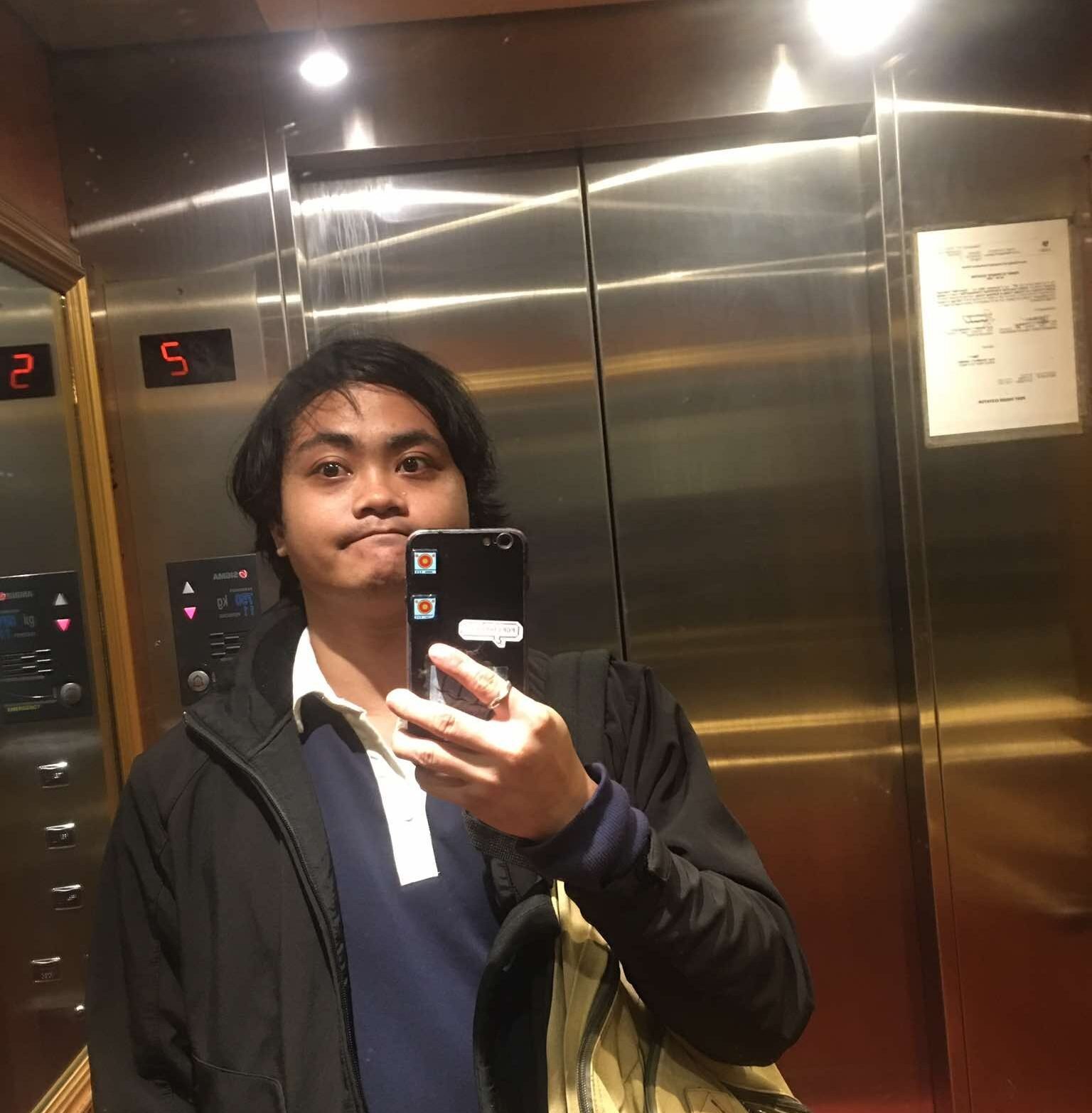
A tenured media critic known working as a ghost writer, freelance critic for publications in the US and former lead writer of Atop The Treehouse. Reviews music, film and TV shows for media aggregators.
